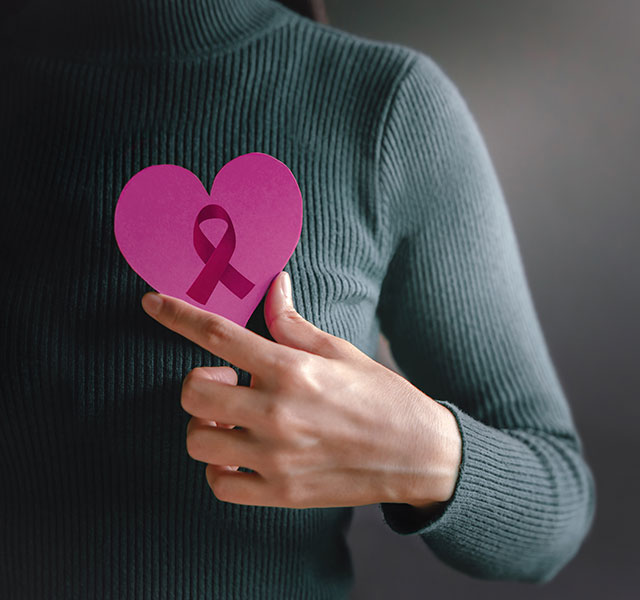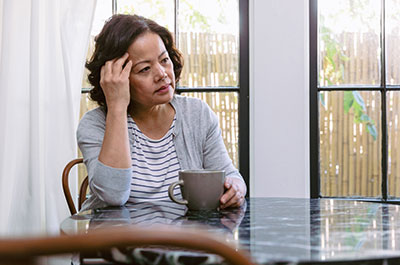When you receive a cancer diagnosis, your heart health may not be top of mind. Whether you already have heart problems at the time your cancer is found or if you develop heart problems during cancer treatment, physicians have made significant strides in addressing your heart risks while you get the cancer treatment you need.
Some cancer treatments such as radiation and some chemotherapy drugs have been found to increase your risk of heart disease. Keeping this in mind, experts are still able to make sure you get the cancer treatment you need while making sure your heart health is in check. Treating both the cancer and your heart is important, so you won’t risk stopping treatment for one to care for the other.
“When you have cancer, you need to make sure that your overall health is in a good place so you have the best chance of fighting of the disease,” says Madhulata Reddy, M.D., a cardiologist at Henry Ford Health. “That’s why staying on top of your heart health is just as important to your long-term survival as undergoing cancer treatment. Fortunately, therapies for heart and cancer care have come a long way to ensure both problems can be treated at the same time.”
Here are four strategies Dr. Reddy suggests to keep your heart healthy while you undergo care for breast cancer:
1. Start a dialogue.

Cardio-Oncology At Henry Ford
Before starting treatment for breast cancer, talk to your oncologist (cancer specialist) and cardiologist (heart specialist) about optimizing your health during cancer treatment. “Ask your oncologist how treatment might affect your heart and discuss those risks with your cardiologist,” says Dr. Reddy. “Both doctors can help minimize the impact of treatment on your heart. Specifically, your cardiologist might suggest lifestyle modifications you can make or medications you can take that won’t interact with your cancer treatments.”
2. Monitor your heart health.
While monitoring the heart is a routine part of breast cancer treatment, heart changes can be difficult to detect. Your cardiologist will work with you to make sure your heart health is being evaluated before, during and after cancer treatment. If it is found that you are already at risk of a heart condition, your doctor will work with you to get your blood pressure and cholesterol levels back within a normal range. If changes to your heart health do occur during treatment, don’t worry. It is still possible to make sure your heart is staying healthy without interfering with your ongoing cancer treatment.
3. Protect your heart.
While you may not be able to fully protect your heart from cancer treatment, certain lifestyle factors can reduce your risk of developing heart problems. If you smoke, stop. If you have high blood pressure, keep it in check. If you’re stressed, implement relaxation techniques to minimize its impact. In addition to those critical steps, it’s important to maintain a healthy weight, eat a diet rich in fruits, vegetables, and lean sources of protein, avoid high-sodium foods, and keep fit with regular physical activity. Studies suggest moderate exercise (2-3 hours of brisk walking each week) many improve the prognosis for breast cancer patients. A bonus: exercise also improves self-esteem, body composition and chemotherapy completion rate.
4. Know your numbers.
Twice as many women die of heart disease, stroke and other heart issues as those who die from all forms of cancer, including breast cancer. To avoid becoming part of the statistic, stay on top of your cardiac risk factors. You should be able to understand your blood pressure, cholesterol and blood glucose levels. Then work with your doctor to introduce medication or lifestyle changes to ensure these levels fall within the normal range for health and wellness.
Reviewed by Dr. Madhulata Reddy, a cardiologist with Henry Ford Health who manages the cardio-oncology program. She sees patients at Henry Ford Medical Center -- Bloomfield Township and Henry Ford Medical Center -- Second Avenue in Detroit.



